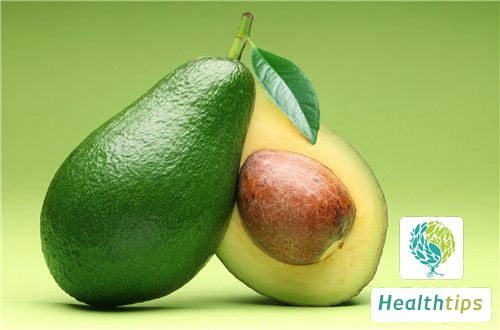What Could Be the Cause of a Lump on the Anal Area After Defecation?

Some people may notice a small fleshy lump near the anus after defecation, accompanied by symptoms such as bleeding and pain. This is often caused by hemorrhoids or rectal polyps, which are closely related to dietary habits and lifestyle. It is crucial to take note of this condition and seek medical attention promptly to determine the underlying cause and initiate targeted treatment. Delaying treatment can exacerbate the condition and pose a threat to one's health.
Here are some common causes of fleshy lumps near the anus:
1. Hemorrhoids: This is the most common cause, often accompanied by discomfort and bleeding. Hemorrhoids are enlarged veins in the anus and lower rectum that can cause pain, itching, and bleeding.
2. Anal papilloma: These are grayish-white, tough-textured growths that are less likely to bleed when touched.
3. Rectal polyps: These polyps are usually bright red and soft, and are prone to bleeding when touched. In addition to the protrusion of flesh from the anus, rectal polyps may also be accompanied by symptoms such as blood in the stool.
Here are some factors that may contribute to the development of hemorrhoids:
1. Prolonged sitting: Sitting for extended periods can lead to poor blood circulation in the buttocks, compressing the rectum and stimulating the development of hemorrhoids.
2. Insufficient water intake: Lack of water intake can lead to dryness in the intestinal environment, absorbing moisture from the stool and causing constipation. This can irritate the rectum and lead to the formation of hemorrhoids.
3. Extended toilet time: Spending too much time on the toilet, especially while using a smartphone, can increase pressure on the anus and surrounding area, leading to poor blood circulation and hemorrhoids.
Here are some tips to improve hemorrhoids:
1. Regularly perform anal exercises: These exercises can help stimulate blood flow and improve circulation in the anal region, reducing the occurrence of constipation and relieving hemorrhoids.
2. Avoid spicy and irritating foods: Foods such as hot pot, barbecue, ginger, and garlic can irritate the blood vessels in the anus, leading to hemorrhoids. Instead, consume foods high in water and fiber content, such as celery, apples, and cucumbers, to promote bowel movement and improve hemorrhoids.
3. Apply cold compresses: Cold compresses can help promote blood circulation in the anal region, relieving discomfort caused by hemorrhoids. Keep the anal area clean and apply cold compresses regularly to improve blood flow and circulation.
Remember, timely diagnosis and treatment are crucial in managing these conditions. It is advisable to consult a healthcare provider for accurate diagnosis and appropriate treatment.



















